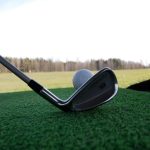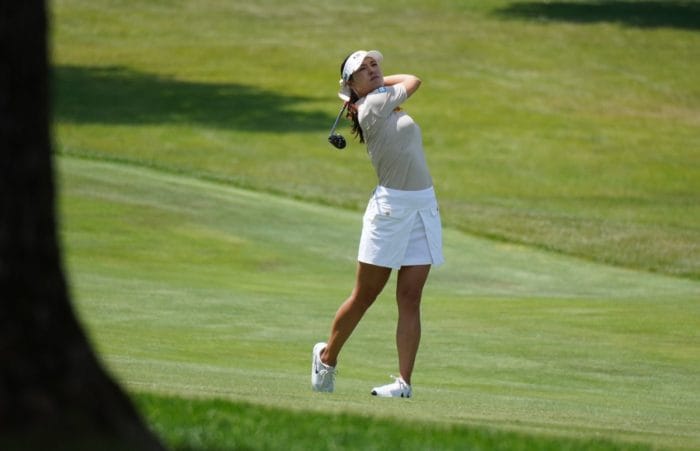When I teach, good posture is not negotiable. Often times we go no further until this important area is understood and learned.
What is Posture in Golf?
Posture is the word used to describe how the various parts of the body are arranged in the address position. In its simplest terms, posture is the position from which movement begins and ends. Posture affects these critical elements of the swing: balance, swing plane, and athleticism. Each of these elements is crucial to the distance, direction, and shape of the golf shot.
Balance
Balance refers to the way the body is controlled and poised throughout the swing. It influences club control, swing plane, and power.
Swing Plane
Swing plane is the plane in which the club is swung around the body in making the swing. It influences the direction of the ball and the shape of the shot.
Athleticism
Athleticism refers to the control of the back and forward swing with weight transfer and turn. This influences power and ball striking.
Poor golf shots are caused by a poor set up. A golf swing cannot be consistent and repeating if the body is not in balance at address. Once this balance is compromised, there is increased tension in the body and the club must be manipulated to control it. There is a lack of rhythm and inconsistent ball striking (fat/thin/right/left). Not only is poor posture mechanically incorrect, it causes many aggravations and injuries to the lower back, upper back, shoulders, and elbows. Flexibility in the hamstrings and low back allow golfers to achieve an ideal address position. Muscular strength provides stability in posture. Muscular endurance allows one to repeat this posture over and over again for a consistent swing.
How to Get into a Balanced Posture for Golf
A procedure I use to establish good balance in a counter-balance mode is this:
Stand tall, feet under hips, golf club behind your back anchored at tailbone area, the center of your back between your shoulder blades and the back of your head. (everything is stacked and you are in solid balance here).
Unlock your knees. (keep all three contact points with the golf club intact).
Bend forward from the hips about 34-38 degrees, seat and thighs will go back, and the angle of your spine and head will be identical. You are now both forward and back: counterbalanced.
Arms hang straight down (pulled straight because of gravity). Too far forward or back alters your balance.
From this balanced address position, you are steady and stable over your feet, the arms have plenty of clearance to turn away from the ball with the club on plane and the body weight coiling fluidly over the right leg on the backswing and then uncoiling back to the left leg on the downswing, and you are tension free.
The feedback you get based on ball flight and your balanced finish position will tell you just how in-balance your set up was.
Feature Photo: Alison Lee at the 2021 Marathon Classic by LPGA Tour photographer Ben Harpring.
The post Posture and Balance in Your Golf Swing appeared first on Women's Golf.

